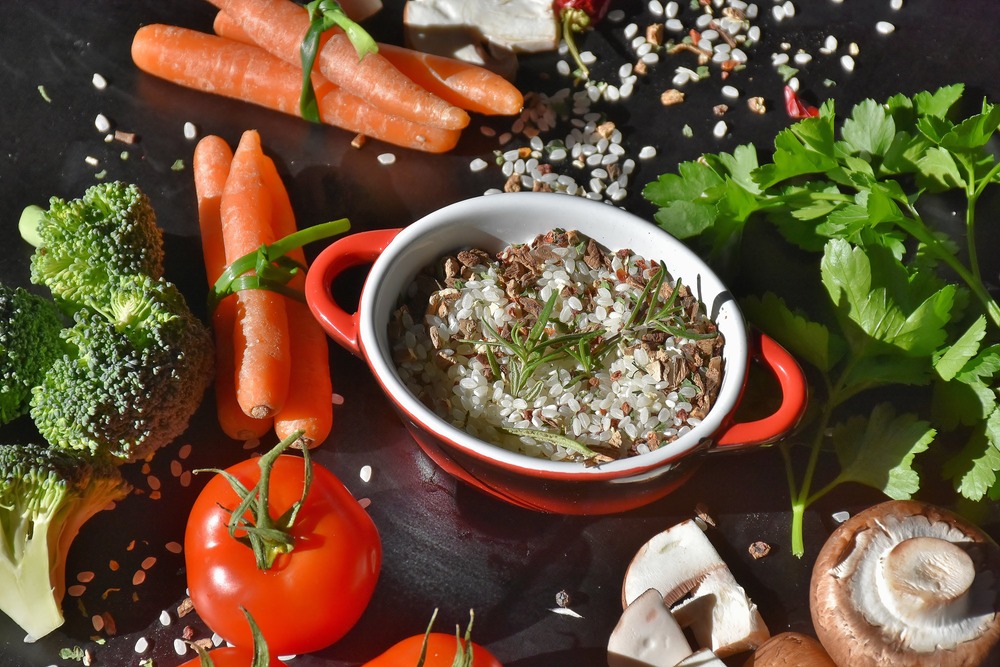Are you looking for diet advice? If so, then it is good to start from knowing what is true and what is not, because wrong information about dieting can have a huge negative impact on your weight loss journey. For now, let us dwell on 10 Dieting Myths and Facts that are continuously feeding on the people’s innocence.
1. Myth: You should not eat after 8 P.M.
Whoever started this misconception might have been so sleepy, hungry and lonely by that time, that he wanted everyone to join him in eating earlier so as they could just sleep altogether thereafter. Well, it is just an assumption, but the truth is that the way our body uses and digests the calories we consume is the same all throughout the day. Gaining and losing weight is not about when you eat, but what and how much you eat, as well as how much of your stored calories are burned with physical activities.
2. Myth: Skip as many meals as possible to lose weight.
This is one of the most basic and common misconceptions among the 10 Dieting Myths and Facts that has taken over the public’s beliefs. The truth is that skipping meals does the opposite because once you do not eat breakfast or lunch, you will just end up getting more hungry during the rest of the day. Your cravings will cause you to eat more than what you usually eat on a normal basis. Of course, you already know what happens next.
3. Myth: Carbohydrates are the main culprits for weight gain.
The truth is what makes you fat is the total calories that you consume, regardless whether the calories came from fat, carbohydrates or protein. Carbohydrates are part of the “Go” foods as we had been taught in kindergarten. We need them to keep us energized throughout the day. However, there is also what we call bad carbohydrates that make us more vulnerable to gain weight. We call them the refined or simple carbohydrates that come from foods such as white rice, white bread, pasta and potatoes. Complex carbohydrates such as fruits, grains and vegetables are great energy sources that won’t add that much to your total daily caloric intake.
4. Myth: Being overweight is hereditary.
According to scientific studies, it really seems that there may be a genetic link to being overweight, but it only happens to a small number of people. However, though genetics may have some role in being fat, the scientists also believe that this link is not enough to explain the reason behind the rapid increase of obesity. They believe that, though some of us inherit these “fat” genes from our parents, we also inherit the detrimental habits that they possess such as being sedentary and having a massive appetite for unhealthy foods. These two factors are what really cause us to gain weight.
5. Myth: Diets just don’t work.
The thing is if you enter into a very restricting diet, chances are you will end up craving for more, which will only lead to overeating. It will be better for you to invest in more realistic diets or those that do not ban the usual foods that you eat. The key to losing weight is moderation and having an active lifestyle.
6. Myth: The secret to lose weight is to embrace a very low calorie diet.
A very low calorie diet isn’t only effective in helping you lose weight, but it is also unhealthy. Once your body is in starvation mode, it will start consuming your muscle for energy because you don’t have enough fat reserves from your carbohydrate intake. Consequently, you will lose muscle, your metabolism will slow down and your body will start storing fats, instead of burning them. For you to lose weight effectively, you need to cut back on your caloric intake, but not to the extent of drastically reducing it.
7. Myth: Diet sodas are really dieting.
It is true that diet sodas contain lesser to no calories, but according to the experts, the artificial sweeteners in the diet sodas can increase your appetite.
8. Myth: Weight loss is hindered by a slow metabolism.
This is also one of the oldest among the 10 Dieting Myths. The truth is our resting metabolism, or the calorie that our body uses at rest, is increased as the body gets larger. In other words, the fatter you are, the more calories you need in order to keep your body going and to speed up your metabolism. However, here is the catch: according to Clare Grace, research dietitian at the Queen Mary University of London, “Weight gain occurs when the number of calories eaten is greater than the number used up by the body.” Hence, exercise is still a critical factor to losing weight.
9. Myth: Eat small meals in order to boost metabolism.
Although it is really appealing to think that eating small frequent meals is enough to start losing weight, it can really be achieved by gaining muscle mass, because a pound of muscle tissue burns seven times as many calories in a day as a pound of fat tissue.
10. Myth: Water is the panacea for weight loss.
While water is vital to life, it still cannot replace the nutrients that you can get from foods, it cannot boost your metabolism and it can’t help you flush fat from your body. So, you can drink water as much as you want to hydrate your body, but you also need to eat healthy in order to meet the demands of your body.
Knowing these 10 Dieting Myths and Facts can already take you on a higher level as far as your knowledge about weight loss is concerned. Apply the knowledge into your daily life – or else these facts will remain as just mere information with the potential to help you achieve




